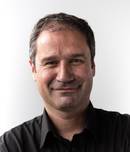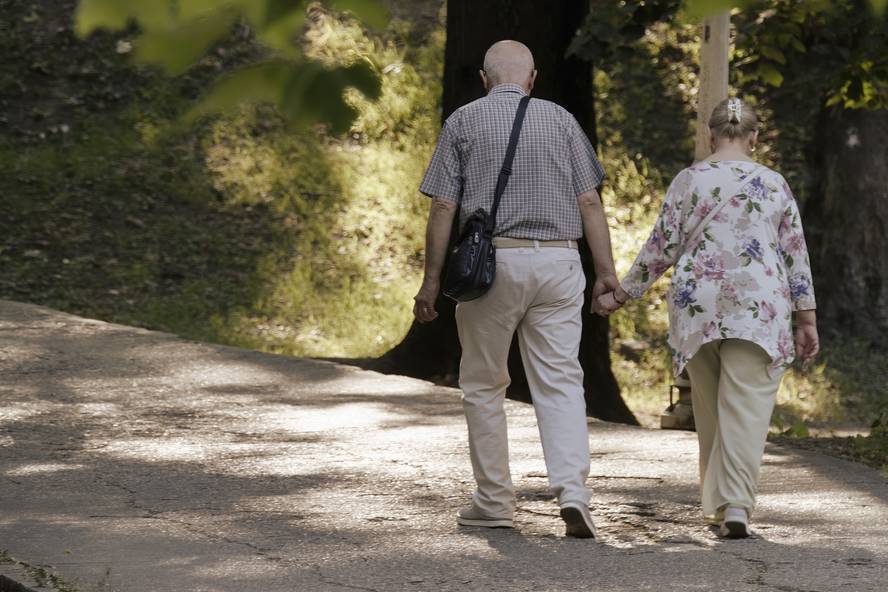Investigating the verbal
By 2025, 25% of the Basque population will be 65 years or older. And it is no exception, this phrase would be correct in almost any part of Europe. The population has increased greatly thanks to the development of scientific and health measures in the last century. Examples of these achievements are vaccines, blackwater channeling and food hygiene measures. At the same time, the mental representation of the people of our age has evolved, and today, when we think of a 70-year-old person, we surely put aside the stick and the beret and generate a completely different image.
All these changes, of course, pose philosophical, social, demographic and health challenges. Organizations need to define research strategies based on these current and future needs, and researchers need to develop projects that move in this direction. Let's start with an important idea: the goal is not to survive, but to live better. The maximum life expectancy recorded so far in humans is 122 years and is expected to reach approximately 130 years. On the other hand, although Euskadi has one of the longest average life expectancy in the world (only Hong Kong and Japan are ahead), it is around 84 years old (different depending on gender, as women are longer). In addition, the years of disability are still shorter and, on average, in the last 12 years the elderly live with some disability. Therefore, our research does not aim to extend life expectancy, but to live better and to the extent possible without dependence on the years we live.
Research in recent decades has shown that genetic basis influences longevity and dependence, but lifestyle influences much more, especially physical activity, eating and mental activity. One of the areas of research is aimed at describing the biochemical processes that underlie the aging process to better understand our body and how it conditions the development of diseases. Age is one of the most important risk factors for the development of neurodegenerative diseases and cancer. We could say it's a toll to pay for age. And if the puzzle gets even more complicated, it has to be borne in mind that the organs of the body age at different speeds depending on the stimuli received and that the biological age does not exactly match the chronological age.
Thus, the challenge is to identify and describe the biological processes that occur in the body and avoid the main health problems related to aging, such as muscle weakness (or sarcopenia), cognitive impairment and disease development.
At the moment, while we continue to study the biological substrates underlying these processes and their interactions with the environment, we are aware that investing in quality of life (physical exercise, food, social activities) and research will bear fruit in the future.








